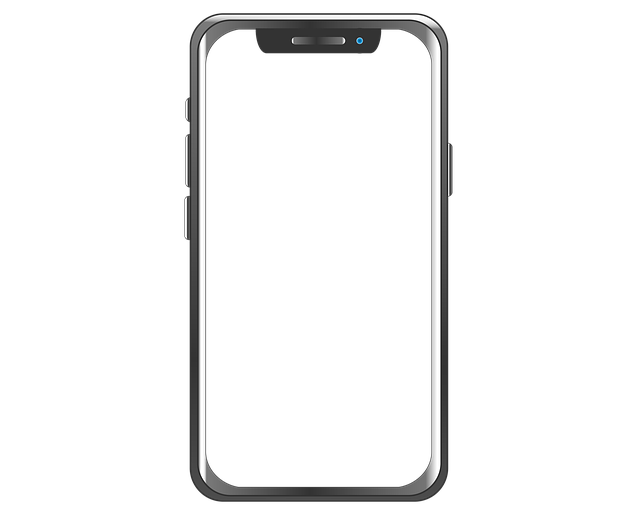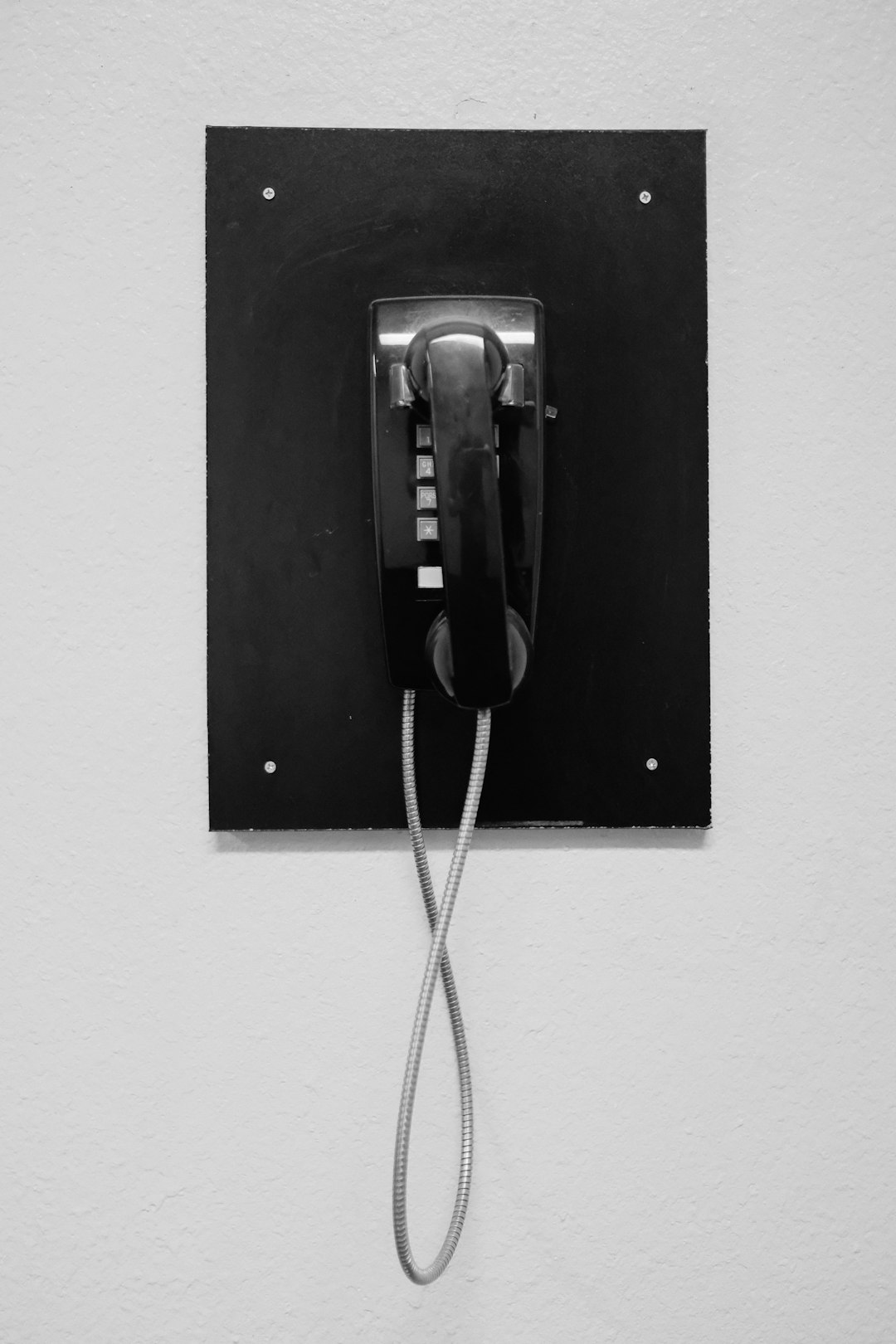In New York State, including NYC, debt collectors must operate within a six-year Statute of Limitations for pursuing outstanding debts, set by law for written contracts. Both debtors and collectors should understand these deadlines to avoid legal issues and ensure fairness. NYC has strict regulations governing debt collectors, detailed in the Administrative Code, including contact restrictions and documentation requirements. Debtors can protect themselves by understanding the CPLR's specific time limits for different debt types, allowing them to dispute debts, request validation, or send cease and desist letters if the statutory limit is exceeded. Proactivity in knowing these rights ensures fair treatment during financial hardships.
“In the bustling city of New York, understanding the local laws surrounding debt collection is crucial for both creditors and debtors. This article aims to demystify the debt collector laws in NYC, focusing on the Statute of Limitations—the period a creditor has to file a lawsuit after a debt arises. We’ll explore the specific timeframes, rights, and responsibilities outlined in New York State’s legislation, empowering individuals with knowledge about their protections as debtors. By delving into these regulations, we hope to provide a clear guide for navigating NYC’s debt collection landscape.”
Understanding New York State's Statute of Limitations for Debt Collection
In New York State, including the bustling metropolis of NYC, debt collectors must adhere to a legal time frame known as the Statute of Limitations when pursuing outstanding debts. This statute sets a deadline for creditors to take legal action against debtors. For written contracts, such as those involving loans or credit agreements, the time frame is six years from the date when the cause of action accrued. This means that if a debt collector fails to bring a lawsuit within this period, they may be barred from doing so in the future.
Understanding and knowing the Statute of Limitations is crucial for both debtors and debt collectors in NYC. Debtors can use this knowledge to protect themselves by ensuring that any outstanding debts are settled or paid off before the deadline expires, thereby avoiding potential legal complications. On the other hand, debt collectors need to be aware of these limitations to ensure their collection practices remain within legal bounds, as pursuing debts beyond the specified time frame could result in costly legal challenges and negative impacts on their reputation.
What Does the Law Say About Debt Collectors in NYC?
In New York City, debt collectors are governed by a series of strict regulations designed to protect consumers from unfair or aggressive collection practices. The New York City Administrative Code outlines specific rules for debt collectors, including restrictions on when and how they can contact debtors. Debt collectors in NYC must adhere to these laws, which include provisions about the frequency and manner of contact, as well as requirements for valid notice and documentation.
The law also sets a statute of limitations on debt collection, determining how long a collector has to bring legal action against a debtor after the debt becomes due. This period varies depending on the type of debt and is designed to give debtors a reasonable chance to repay or dispute the debt. Understanding these laws is crucial for both debt collectors and consumers to ensure compliance and fair treatment in the collection process.
Your Rights as a Debtor: Navigating the NY Debt Collection Laws
When faced with debt collection in New York City, it’s crucial to understand your rights as a debtor under the city’s debt collection laws. According to the New York Civil Practice Law and Rules (CPLR), there are strict time limits on how long debt collectors can pursue unpaid debts. These statutes of limitations vary based on the type of debt—for instance, credit card or medical bills have different deadlines compared to other forms of debt. Knowing these limits empowers you to assert your legal rights and protect yourself from unfair practices.
Navigating these laws requires a clear understanding of your options. If a debt collector has exceeded the statutory limit for collecting your debt, they may be subject to legal action. You can dispute the debt, request validation of the debt, or send a cease and desist letter. Being proactive and familiar with your rights under NYC’s debt collection laws is the first step toward ensuring fair treatment during financial hardships.






